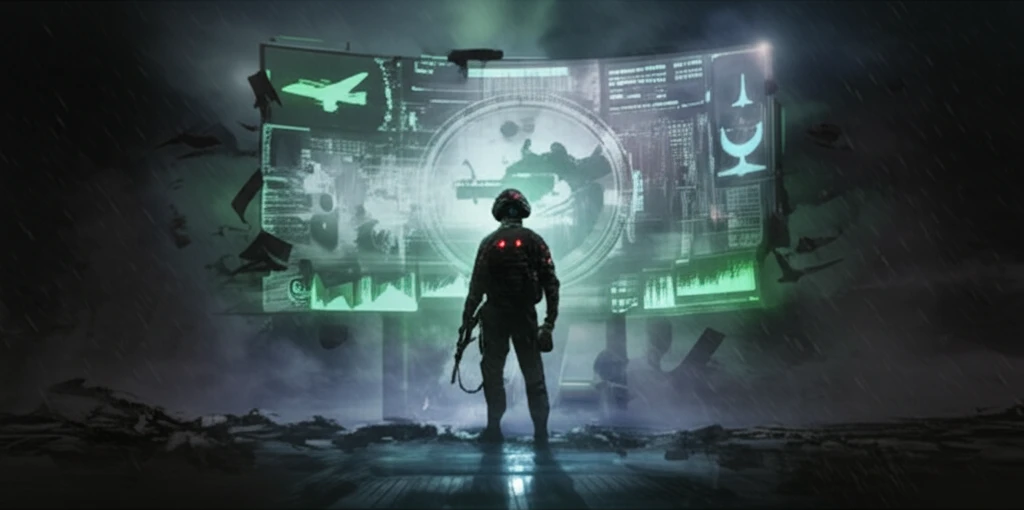
Beyond the Battlefield: How Military Video Games Shape Our Understanding of War
"Exploring the cultural impact of military-themed video games and their influence on players' perceptions of conflict and society."
Military video games have become a ubiquitous form of entertainment, offering players immersive experiences that simulate the realities of combat. Titles like Call of Duty, Battlefield, and Medal of Honor have captivated millions, blurring the lines between virtual warfare and real-world conflict. But beyond the adrenaline-fueled action, these games wield a significant cultural influence, shaping our perceptions of war, patriotism, and the military.
Matthew Thomas Payne's "Playing War: Military Video Games After 9/11" offers a critical lens through which to examine the complex relationship between these games and society. Payne's work delves into how military-themed video games have evolved since the events of 9/11, reflecting and reinforcing cultural attitudes towards war and national identity. His analysis encourages us to consider the subtle yet powerful ways these games shape our understanding of conflict.
This article will expand on Payne's insights, exploring the multifaceted impact of military video games. We will examine how these games influence players' perceptions of war, the ethical considerations they raise, and their potential to foster both critical thinking and uncritical acceptance of military narratives. By understanding the cultural significance of these games, we can engage in more informed discussions about their role in society.
How Video Games Shape Perceptions of War

Military video games offer a unique form of engagement with the concept of war. Unlike traditional media like films or documentaries, games allow players to actively participate in virtual conflicts, making choices and experiencing the consequences of their actions. This interactive experience can create a sense of immersion and identification with the characters and narratives presented in the game.
- Sanitized Violence: The brutal realities of war are often toned down or omitted, creating a less disturbing and more palatable experience for players.
- Heroic Narratives: Games typically focus on the stories of soldiers, portraying them as courageous and selfless individuals fighting for a noble cause.
- Simplified Morality: Complex ethical dilemmas are often reduced to black-and-white choices, reinforcing simplistic views of good versus evil.
Engaging Critically with Military Video Games
Military video games are not inherently harmful, but it is crucial to engage with them critically. By understanding the ways in which these games shape our perceptions of war and the military, we can foster more informed discussions about conflict and its consequences. Parents, educators, and gamers themselves all have a role to play in promoting media literacy and encouraging critical thinking about the messages conveyed in these games. Only through careful consideration can we harness the potential of video games while mitigating their risks.
